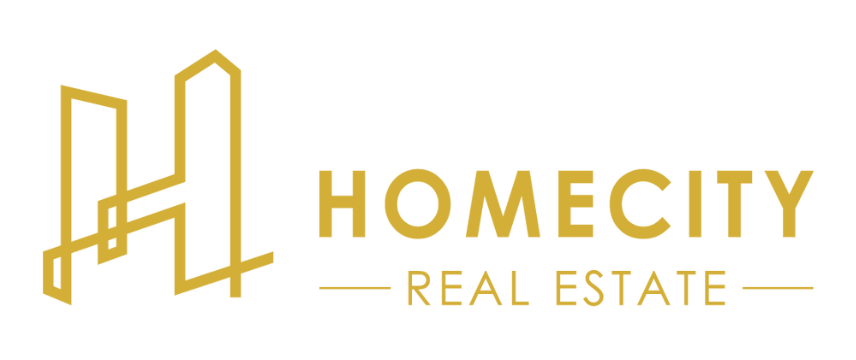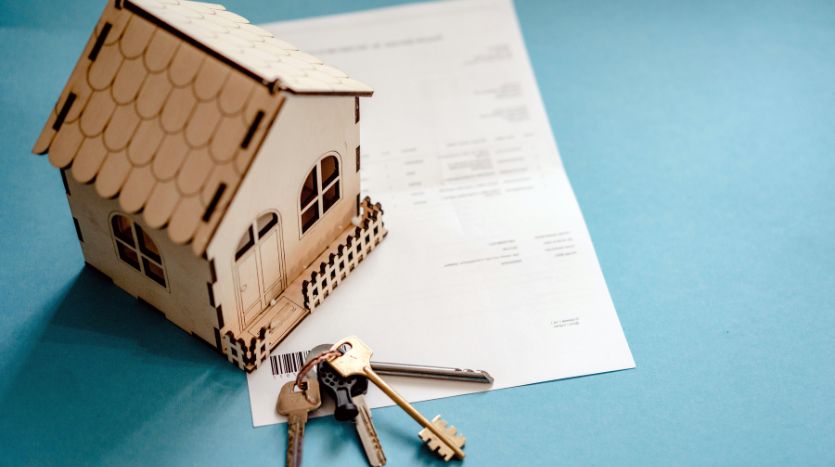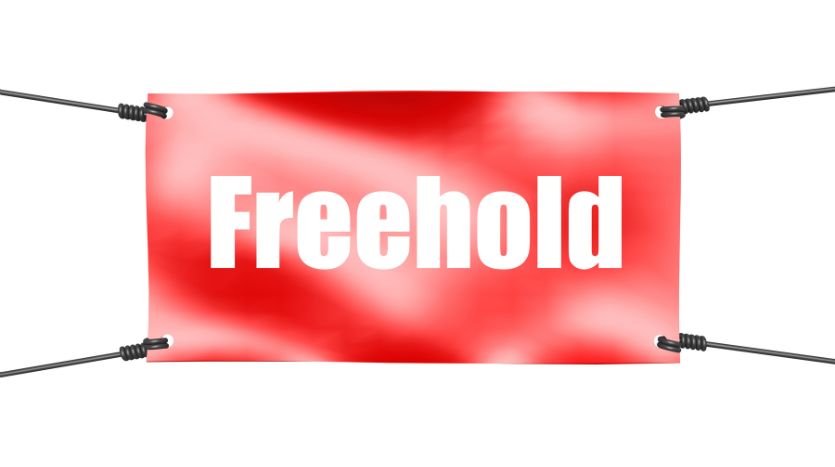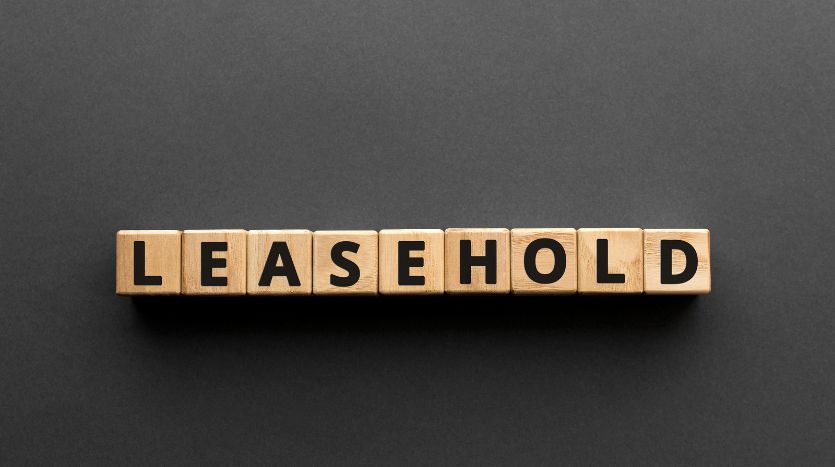Freehold Vs Leasehold In Malaysia
In Malaysia, freehold properties offer indefinite ownership, potentially higher capital appreciation, and more freedom for changes. On the other hand, leasehold properties have a specific lease duration, higher rental yields, but may depreciate over time. Understanding this difference is crucial for your investment decisions. Freehold properties provide flexibility and stability, while leasehold properties may offer better rental returns but come with certain restrictions. Considering these factors can help you make informed choices for your investment. For a deeper understanding of freehold vs. leasehold in Malaysia, explore the nuances of property ownership in this diverse market.
Freehold vs leasehold: How to check?
To determine whether a property is freehold or leasehold, you can easily check the Land Title certificate issued by the Malaysian government through the Land Registry office. When you purchase a property in Malaysia, obtaining this certificate is crucial as it contains vital information about the type of property ownership you hold. For leasehold properties, the Land Title will explicitly state the duration of the lease, whether it’s for 30, 60, or 99 years. This distinction is essential for property buyers as it impacts their rights and responsibilities.
Understanding the difference between freehold and leasehold properties is crucial for property buyers in Malaysia. Freehold properties offer indefinite ownership, providing full rights to the owner within Malaysian law. On the other hand, leasehold properties grant ownership for a limited period, subject to renewal or extension. While freehold properties generally have better capital appreciation, leasehold properties often offer higher rental yield. However, leasehold properties may depreciate in value over time, making the decision between freehold and leasehold a critical consideration for property buyers.
Checking your Land Title certificate is the first step in determining whether you own a freehold or leasehold property in Malaysia. By verifying this information, property buyers can make informed decisions about their investment and understand the implications of freehold versus leasehold ownership.
What is a freehold property?
When considering a freehold property, you might wonder about its advantages, drawbacks, and any misconceptions associated with it. Understanding the benefits, potential pitfalls, and common myths surrounding freehold ownership can help you make informed decisions in the property market.
Let’s explore the pros and cons of owning a freehold property in Malaysia.
What are the pros of buying a freehold property?
Typically, buying a freehold property in Malaysia offers you a multitude of advantages over leasehold properties. As the owner of the land the property stands on, you have the ultimate freedom to decide on land usage and make structural changes without severe restrictions. This freedom extends to the ability to subdivide or allocate the land, subject to town planning controls.
Moreover, freehold properties tend to have a higher resale price due to their better capital appreciation over time, especially in strategic locations. Unlike leasehold properties, the value of freehold properties doesn’t diminish with time, ensuring a stable investment.
Additionally, selling a freehold property is more straightforward and faster due to fewer limitations on transferring the land.
What are the cons of buying a freehold property?
Freehold properties, while offering ownership advantages, come with certain drawbacks that should be considered before making a purchase decision. They’re comparatively more expensive than leasehold properties. The rental yield of freehold properties is lower due to the higher entry point. Freehold owners might not enjoy extensive facilities compared to their leasehold counterparts.
The owner is responsible for all repairs, renovations, and maintenance needed for the property. If a freehold title is converted from a leasehold title, State government approval is required for the ownership transfer, known as restricted freehold properties. Under the Land Acquisition Act 1960, the State can reclaim freehold land for public purposes, compensating the owner based on the current market price evaluated by government-appointed valuers.
Common misunderstandings of freehold property
Considering freehold properties, it’s important to clarify common misunderstandings to navigate potential pitfalls and make informed decisions when exploring property ownership in Malaysia.
While freehold typically implies ownership in perpetuity, it’s essential to understand that the government retains control through the Power of Eminent Domain. This authority allows for compulsory acquisition of freehold properties for public use, as outlined in the Malaysia Land Acquisition Act. In such cases, just compensation is provided to the property owner.
An example is the mandatory acquisition of the freehold land where Ampang Park Mall stood, for the construction of the Mass Rapid Transit project.
Stay informed to avoid misconceptions about freehold property rights and government involvement in land ownership.
What is a leasehold property?
A leasehold property is a type of land or property that you can own for a limited period, like 30, 60, or 99 years.
What’re the advantages and disadvantages of investing in a leasehold property?
What are the pros of buying a leasehold property?
Opting for a leasehold property offers potential buyers a financially advantageous opportunity by providing lower initial costs and higher rental returns compared to freehold properties. Leasehold properties usually cost slightly lower than a similar freehold one, making them more accessible for individuals looking to enter the property market.
Additionally, these properties tend to have higher rental yield due to their lower entry point, offering investors a competitive advantage in terms of property investment. Developers of leasehold properties usually provide better facilities and more incentives to purchasers to stay competitive, enhancing the overall value of the property.
The limitations on transferring the land in leasehold properties can also benefit buyers by ensuring a focus on developing the property and maintaining its quality.
What are the cons of buying a leasehold property?
Leasehold properties in Malaysia come with several drawbacks that potential buyers should carefully consider before making a purchase decision. Here are the cons of buying a leasehold property:
- Limited Land Usage: Leasehold land usage is restricted by legislation and planning controls, impacting what you can do with the property.
- High Renewal Costs: Renewing the leasehold tenure can incur hefty fees, sometimes even matching the current property price.
- Depreciating Property Value: The value of a leasehold property diminishes over time as the lease tenure shortens, affecting its market worth.
- Challenges in Financing: Securing financing for leasehold properties with fewer than 50 years left on the lease can be difficult, leading to lower margins and potential funding issues.
Let’s explore some common misconceptions surrounding leasehold properties.
Common misunderstandings of leasehold property
Misunderstandings often arise regarding the nature of leasehold properties in Malaysia. Some common misconceptions include overestimating the market value of leasehold properties, facing challenges with loan approval from financial institutions due to asset depreciation over time, and underestimating the transaction time involved in the secondary market.
It’s crucial to understand that while leasehold properties may initially appreciate in value, they tend to depreciate as the lease term progresses, impacting loan eligibility. Moreover, transactions in Selangor and Kuala Lumpur’s secondary markets may take up to a year due to the government approval process.
Recognizing these aspects can help buyers make informed decisions when dealing with leasehold properties in Malaysia.
How to calculate renewal premium for leasehold property?
To calculate the renewal premium for a leasehold property in Kuala Lumpur, you can utilize a specific formula based on factors such as lease period, remaining years, land area, and market price per square foot. Here’s a breakdown to help you understand the process:
- Determining Lease Period: Identify the original lease period granted for the property by referencing your lease agreement.
- Calculating Premium Payable: Use the formula 1/4 x 1/100 x (lease period – remaining years) x land area (sqft) x market price per square foot to calculate the premium payable.
- Considering Real Estate Market Price: Stay informed about the real estate market price per square foot in Kuala Lumpur to ensure accuracy in your calculations.
- Consulting State Government: If in doubt, seek guidance from the Land Office of Malaysia or relevant authorities regarding the renewal premium process for leasehold properties.
Should I buy freehold or leasehold property?
Considering your budget, property preferences, and long-term plans, determining whether to purchase a freehold or leasehold property in Malaysia requires careful evaluation of various factors.
In Malaysia, freehold properties generally have better capital appreciation but lower rental yields compared to leasehold properties. Freehold ownership offers more flexibility as you can make structural changes without stringent rules, sublet with ease, and sell without time constraints.
On the other hand, leasehold properties may come with additional amenities and higher rental yields, making them attractive for property investors. If you have a limited budget, opting for a leasehold property in prime areas with a considerable leasehold tenure could be a strategic choice. Leasehold properties in desirable locations can offer good value despite the depreciating nature of their lease.
Additionally, leasehold properties usually come with certain amenities that may not be available in freehold properties. Ultimately, your decision should be based on factors such as location, amenities, accessibility, and your comfort, ensuring that the property aligns with your specific needs and preferences in the long run.
Frequently Asked Questions
Is Freehold or Leasehold Better?
When choosing between freehold and leasehold properties, consider your long-term goals and financial strategy. Freehold offers perpetual ownership, while leasehold has time constraints and potential for extension. Evaluate which aligns best with your needs.
What Happens After 99 Years Leasehold in Malaysia?
After a 99-year leasehold in Malaysia expires, the land ownership typically reverts back to the State authority. You may have the option to negotiate an extension, renew the lease, or face potential challenges in selling the property.
What Are the Disadvantages of Leasehold in Malaysia?
When considering leasehold properties in Malaysia, remember disadvantages like limited ownership period, state approval for transactions, and potential depreciation. These factors can impact your freedom, financial burden, and selling process.




